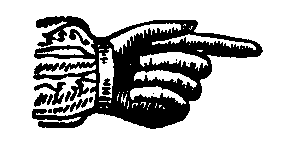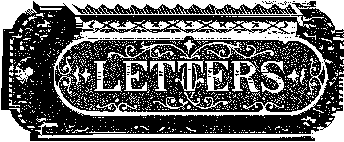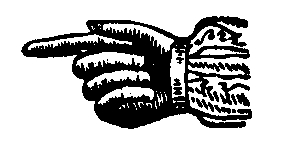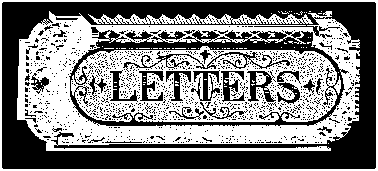Through
Letterboxes
Caroline Bird
(Carcarnet Press,
Manchester)
You and I know about the narrative poems --- Keats and Shelley and Byron and Browning --- or the modernists, like Amos Oz who can and does write whole intelligible novels in verse line.
Emotive poetry is usually what turns up when people don't know how to write --- but, too, it's what you hear in rap: words that, when they rise above mere noise and the groin, teach us something about a bitter street culture that the rest of us can only know about in our nightmares.
Intellectual- I was still standing Moonlit winter clouds the color of the desperation of wolves. Proof This is nothing more nor less than scandalous intellectual noodling. We wonder about which northern corner we're talking about. We must feel a wave of ennui (or desperation) when contemplating a color that's described as "the desperation of wolves." Finally, we would be correct to suspect that this proof "of your existence" is no proof at all. That The New Yorker would pay for such foo- Every now and again, however, something pops up to reassure us that there still is life in the verse-form. There is Oz's The Same Sea. There is much from the feminist press. And now, in this newest volume from Carcanet, the poems of Caroline Bird. For example, in Gingerbread House we are given a child's world, but immediately "He smelt of 'fresh from the oven' adulthood...his eyes spinning/with sex and cinnamon as he invited you in..." lends sensual overtones, a tension between supposed child-innocent world and the adult: Blake's "Poems of Innocence" and "Poems of Experience" squeezed in the same pie. The child is not pure child --- the lollypop stick is "flicked" away like a cigarette butt, and she spits out what she has seen. "You really are the sweetest child" gives hints of threat and lust, though the children are saved by their appetites: they "come like wolves," eat through the ceilings and walls, consume "the wizard, the prince," and --- not unlike the characters in Ovid --- become transformed. In this case, they are metamorphosed into girls again, who learn blame --- who can blame the birds and their own "hungry red mouths." It's a passionate fantasy world spun out of a child's love of sweets --- but like lust, ones that "don't taste as sweet/once you've gorged." Much of what Bird gives us is a child-world overlaid with adult, or vice-versa. In the poem "Playing with Families," When you can pick up your mother in thickset hands, the childhood fantasy is mixed, twisted through dada's lens, turned on its head. Parents are those who search the bedroom The child is transformed into adult (in size if nothing else), and can lift them, light as a feather, kiss them These are scenes out of Gulliver's Travels, the fascination we all have with scale. The tiny comes to be huge, the grandiose minuscule, and, as in Swift, not only physical size but emotions are turned topsy as well. Adults turn childlike, helpless, parents have to be tucked into bed, children take responsibility. Even the title of the volume implies capture and order, "letterbox" being a place where you send off or receive mail, but too, and, too, the compartments where child's letter blocks are stored.
on a northern corner---
of your existence? There is nothing
but.
roll her over and tenderly remove her wings
looking for lovers and empty wine bottles.
and tuck them in matchbox beds...



